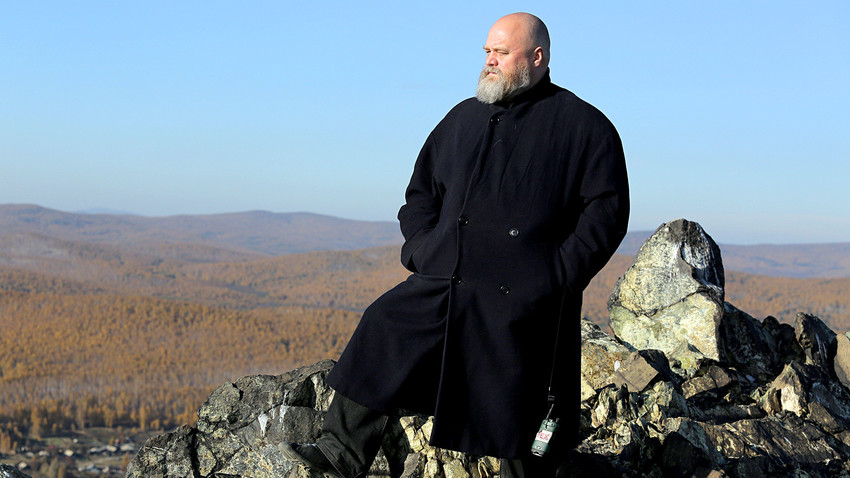
Aleksey Fedorchenko.
Sergei Okladnikov / 29 February Film CompanyAlexey Fedorchenko is one of the best known contemporary Russian film directors. In 2004 he won the Horizons Documentary Award at the Venice Film Festival for his mockumentary First on the Moon. His other films - Ovsyanki, Celestial Wives of the Meadow Mari, and Angels of Revolution - are also well known among cinema lovers.
Alexey Fedorchenko's Anna's War will have its world premiere at the International Film Festival in Rotterdam on Jan. 28. It is a claustrophobic war drama taking place in
Russia Beyond talks to the director ahead of the film's screening in Rotterdam.
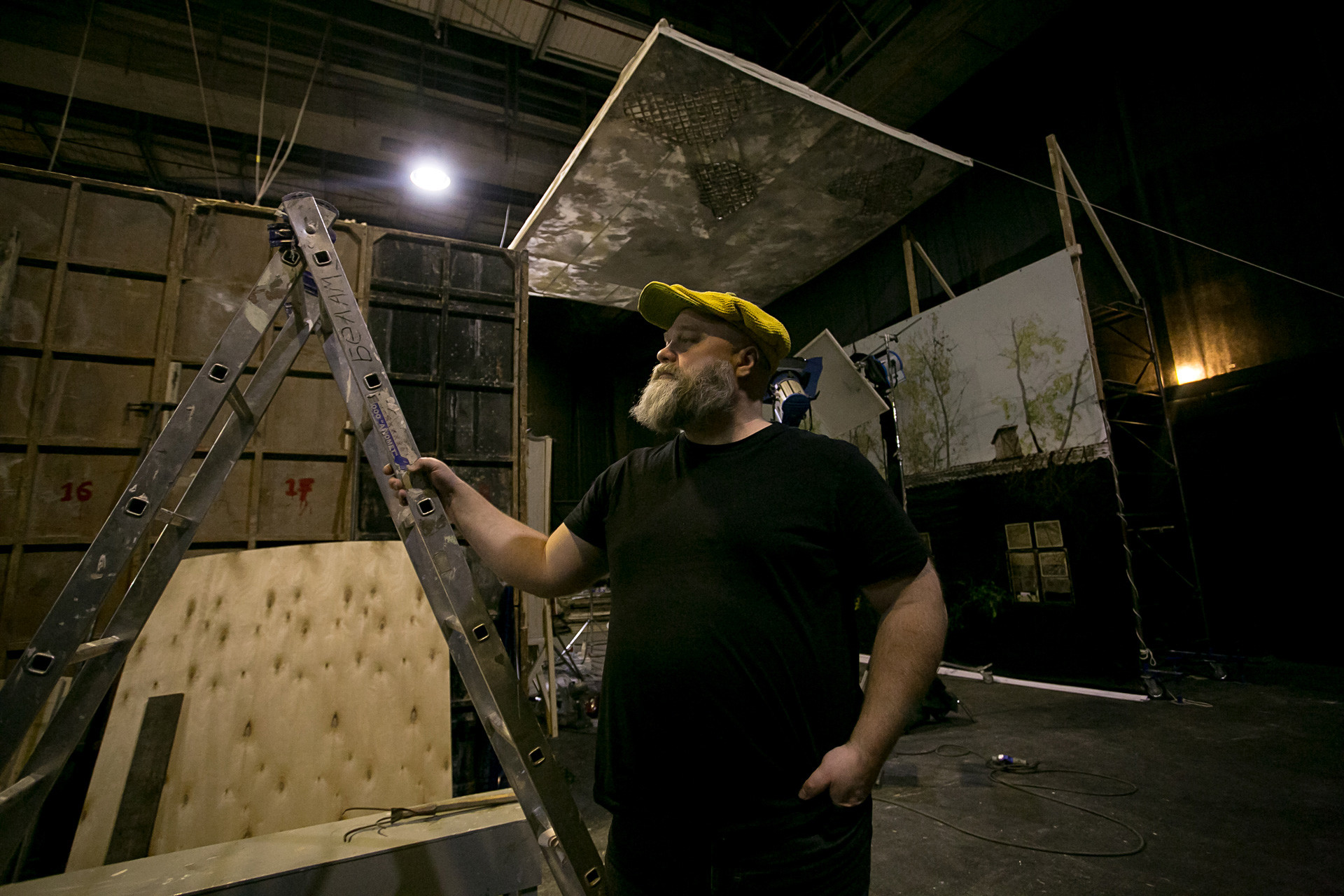
Alexey Fedorchenko.
29 February Film CompanyAfter the announcement that Anna's War had been included in the program of the Rotterdam Film Festival it emerged that you didn't have enough money to finish the film. Is everything okay now?
We did ask for financing on crowdfunding platforms. This is a normal situation in our country for art house films that don't get financial support from the state. From the outset Anna's War didn't ask for money from public funds - the producers of the film decided this. You'd better ask them why. For me, this issue is not a matter of principle.
Rotterdam holds a festival of debut films. You have made six full-length films and received awards at prestigious European film festivals. Are you surprised that Anna's War has been included in the program of this festival?
No, it will be interesting for me to go to a festival that has a reputation as one of the most prestigious in Europe. But in
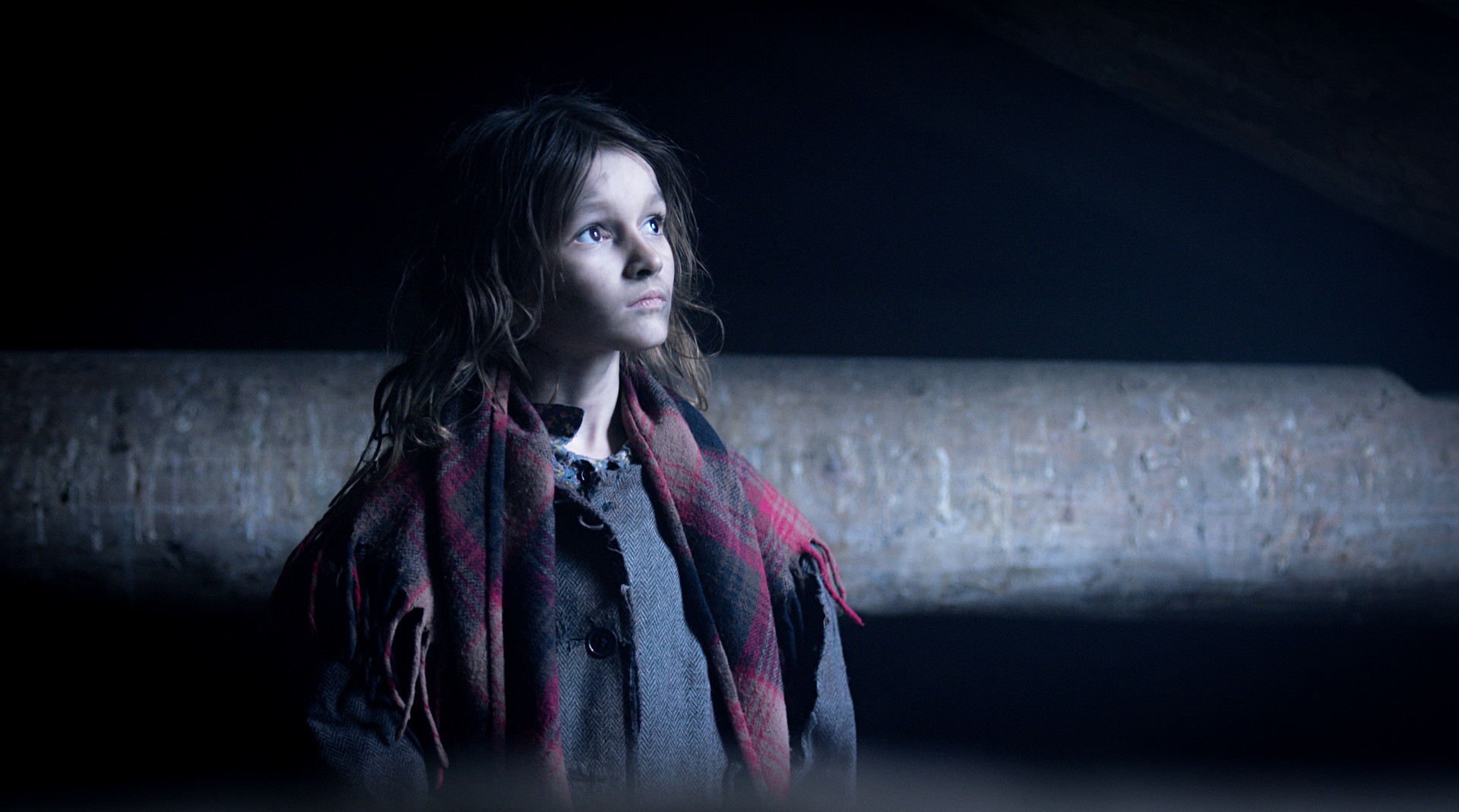
A scene from the movie.
29 February Film CompanyThis is your second film about WWII, the first being your 2004 debut documentary David. Is there a connection between the two?
There probably is, since both films are about children in war. And, implicitly, when I was doing Anna's War, I may have had the idea at the back of my mind that I already had experience in telling such stories.
When did you decide to make Anna's War?
In 2011 a text posted on Livejournal caught my eye. It told the story of a Jewish girl from an orphanage in the Poltava Region. During the
Does it mean that the finale of the film is different from how the heroine's story ends in real life?
Yes, in real life the girl whose story I read grew up
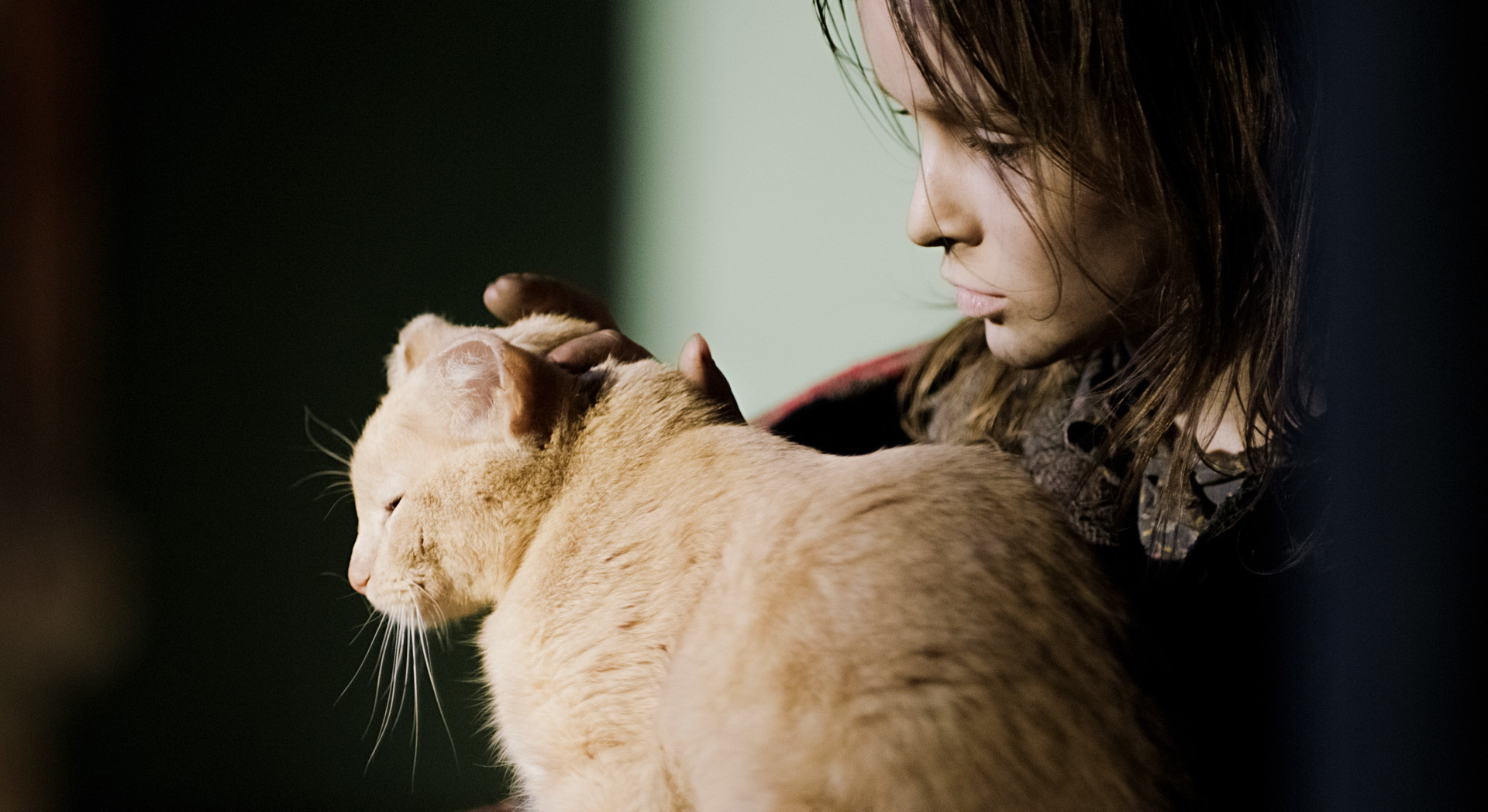
A scene from the movie.
29 February Film CompanyNatalya Meshchaninova, whose debut film The Hope Factory, was also shown in Rotterdam in the past, is the co-author of the script. When did she join the project?
When I started writing the screenplay, it became clear that a feminine viewpoint was missing in the story. I had just read the stories Natasha had published on the internet. By that time she had already graduated from the workshop of Marina Razbezhkina (the contemporary Russian documentary maker best known abroad - Russia Beyond) but hadn't made her first full-length film yet.
I consulted Marina and she told me: "Natasha is the person you need." After
Your heroine is called Anna. Knowing the place of the film's world premiere, there are inevitable associations with Anne Frank. Is it an accidental link?
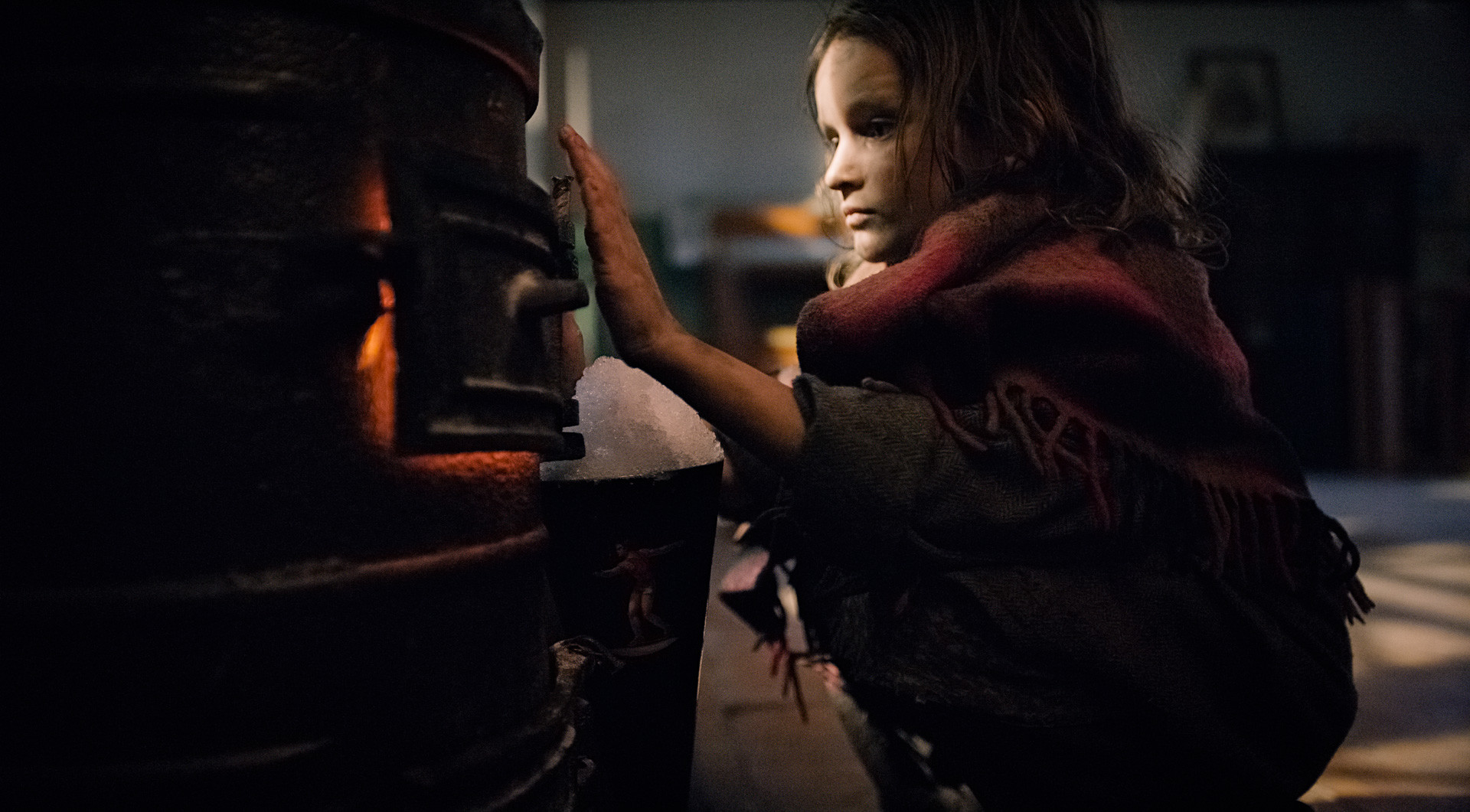
A scene from the movie.
29 February Film CompanyThe film takes place on the territory of present-day Ukraine. At present, owing to the complicated relations between Russia and Ukraine, any pronouncement by a Russian film director about the neighboring country is pretty much examined under a microscope. Are you prepared to face accusations of political engagement?
I’m already reading a lot of interesting stuff in this respect on Facebook. My reply is: My film doesn't show anything that didn't happen in reality on
In the past
To be honest, I haven't seen that many new Russian films about WWII. Only Stalingrad by Fyodor Bondarchuk and Battle for Sevastopol by Sergei Mokritsky come to mind. But they are large-scale commercial movies. Even from the formal point of
If using any of Russia Beyond's content, partly or in full, always provide an active hyperlink to the original material.
Subscribe
to our newsletter!
Get the week's best stories straight to your inbox